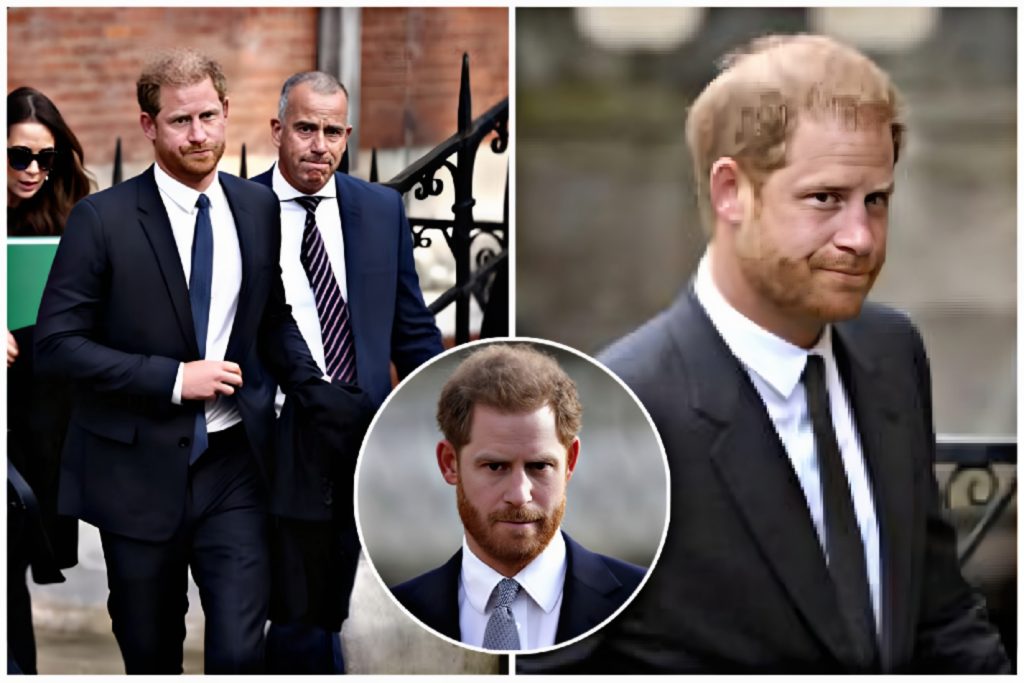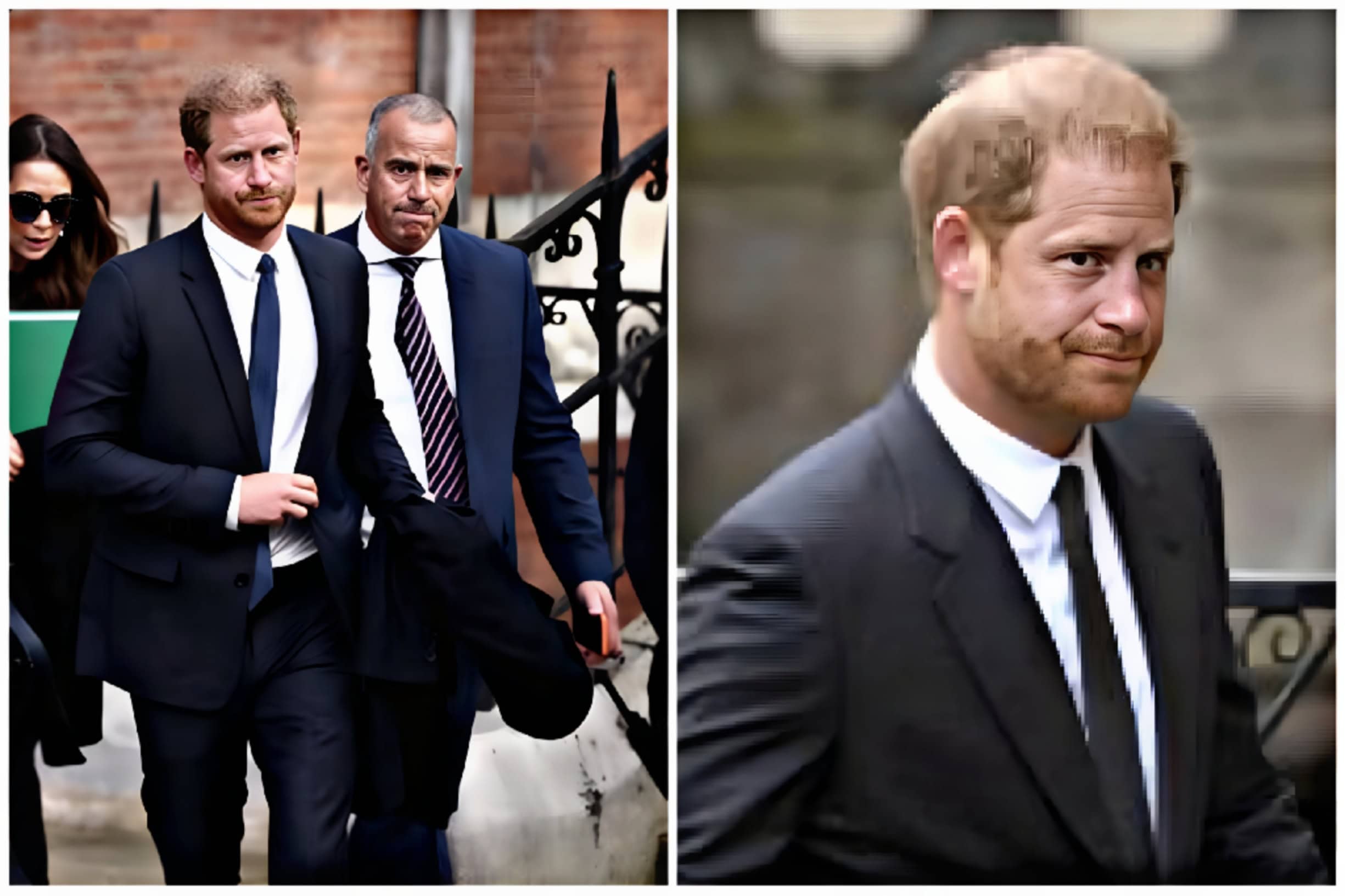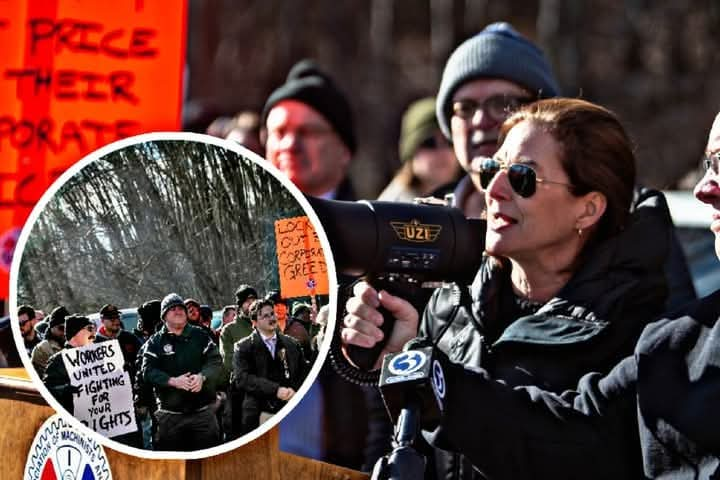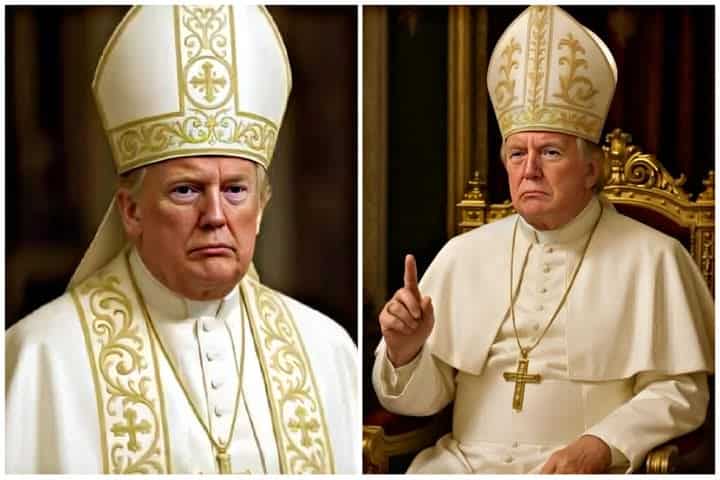Prince Harry Loses UK Police Protection Case: What It Means for His Royal Return
Prince Harry, the Duke of Sussex, has lost a critical legal battle in the UK High Court regarding his access to government-funded police protection while visiting the United Kingdom. The verdict marks a significant development in the prince’s long-standing dispute with the British government and Royal Household — one that could influence not only his future visits to his homeland but also broader questions about security, status, and the evolving definition of royalty in the modern world.
But what exactly does this court decision mean? Why was Prince Harry fighting for taxpayer-funded police protection? And what impact could it have on his relationship with the Royal Family, the British public, and his role as a global figure?
Let’s dive into the full story.
The Background: Prince Harry and the Fight for Security
Since stepping down as a senior working royal in 2020, Prince Harry and his wife Meghan Markle have lived in California, far removed from the inner workings of the British monarchy. However, the move—often referred to as “Megxit”—came with strings attached, including the loss of publicly funded police protection when on British soil.
Harry, who has served in the military and been a prominent royal figure for decades, argued that his high profile and past threats warranted continued security coverage. In 2021, he initiated a legal case against the UK Home Office after they denied his request to personally fund police protection through the UK’s Metropolitan Police while visiting the country.
The case centered on whether the Royal and VIP Executive Committee (RAVEC), which oversees security decisions, had acted lawfully in downgrading his protection status.

The Court’s Ruling: No Special Treatment
In early 2025, after nearly three years of legal arguments, the UK High Court ruled against Prince Harry. The court upheld the Home Office’s position, stating that RAVEC’s decision was “not procedurally flawed” and that it did not unlawfully discriminate against the Duke.
The judge emphasized that Harry is no longer a “working royal,” and as such, he does not automatically qualify for publicly funded police protection during personal visits to the UK. The ruling confirmed that his security arrangements would be handled on a case-by-case basis, depending on the nature of his visit and the level of perceived risk at the time.
Why This Matters: Security vs. Sovereignty
This case has opened a broader discussion about how royal status intersects with public policy. Here’s why it matters:
Royal Precedent: This ruling sets a precedent for how non-working royals are treated. It clearly separates private life from royal privilege.
Public Resources: The case touched on a sensitive issue in the UK—public funding. Many taxpayers supported the decision, arguing that royal status should not entitle someone to unlimited public resources.
International Implications: As a public figure who lives abroad but often returns for family events and public appearances, Prince Harry’s lack of guaranteed protection could limit his ability to engage with UK-based initiatives or attend royal functions.
Prince Harry’s Response: Disappointment and Determination
Following the verdict, Prince Harry issued a formal statement expressing his disappointment, emphasizing that his primary concern has always been the safety of his family. He noted that the ruling “leaves him feeling vulnerable” and suggested that he had offered to cover the cost of security himself—an offer that was declined.
Legal experts say that while Harry could appeal the ruling, the chances of overturning it are slim given the court’s clear stance.
Behind the scenes, sources close to the Duke say he remains determined to continue his philanthropic work, including his Invictus Games and mental health initiatives, even if it means visiting the UK less frequently.
What This Means for His Return to the UK
The legal loss may have long-term consequences for Prince Harry’s relationship with Britain. Already estranged from several senior members of the Royal Family, Harry now faces another obstacle—logistical and symbolic—that could affect future reunions, royal events, and public appearances.
Key Considerations:
Reduced UK Visits: Without consistent security, Harry may limit his time in the UK, affecting his relationship with British charities, military groups, and even the public.
Coronation and Ceremonies: Will Harry attend future royal ceremonies like King Charles’ official state events or milestone birthdays? Security logistics could complicate such participation.
Royal Reconciliation: The court decision may harden emotional divides within the family. Some insiders believe this could push Harry further away from a potential reconciliation.
Public Reaction: Divided Opinions
Unsurprisingly, the court’s decision has divided public opinion in the UK and beyond.
Supporters of Harry argue that his past military service, public role, and unique vulnerability due to past threats justify a permanent level of security.
Critics maintain that stepping back from royal duties comes with consequences—and losing taxpayer-funded protection is one of them.
Neutral observers believe a middle ground could be found, such as a hybrid protection model privately funded but overseen by official channels.
Social media platforms lit up with hashtags like #JusticeForHarry and #RoyalRulesApply, showing just how polarized the public remains over his role in the monarchy.
Royal Family’s Silence: Strategic or Symbolic?
As of now, Buckingham Palace has not issued an official statement regarding the court’s decision. This silence is typical of the Palace’s policy on legal matters and controversies involving the Sussexes. However, royal watchers note that the lack of visible support could be telling—it reflects the institution’s decision to distance itself from Harry’s legal and security issues.
Sources say King Charles remains open to private dialogue, but palace insiders emphasize that decisions on security are “governmental, not familial.”
Looking Ahead: Can a Balance Be Struck?
The loss of this case may force Prince Harry to make hard choices: limit his visits to the UK, rely on private security, or attempt further negotiations with the Home Office. Yet, this moment also presents a chance for both Harry and the monarchy to redefine what post-royal life truly looks like.
In a world where celebrity, royalty, and public accountability constantly collide, the question remains: Can Harry be both a global humanitarian and a royal outsider?
Conclusion
Prince Harry’s loss in the police protection case is more than just a legal footnote—it’s a pivotal moment in the evolving saga of the modern monarchy. It highlights the challenges of transitioning from royal duty to private citizen, the clash between privilege and policy, and the personal cost of public life.
Whether this leads to further distance or an eventual reconciliation remains to be seen. But one thing is clear: being royal in the 21st century no longer guarantees immunity, especially when it comes to matters of national security and public funding.

is the founder of The News Buzz PK. She is a freelance journalist and content strategist with over 3 years of experience in writing trending news articles, covering topics from US politics to Hollywood and royal families. She focuses on original, engaging, and SEO-optimized content that keeps readers coming back.






